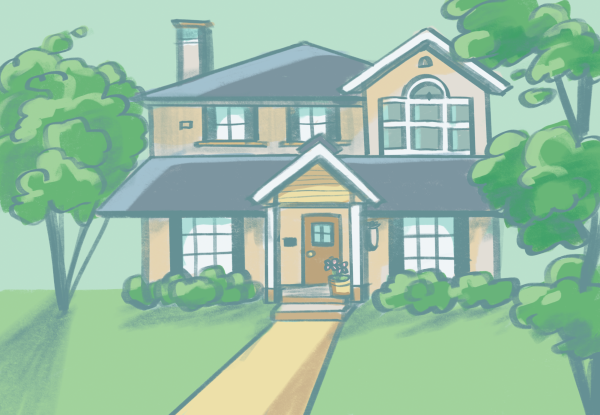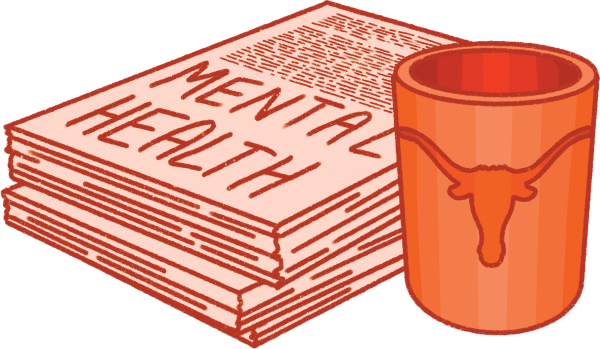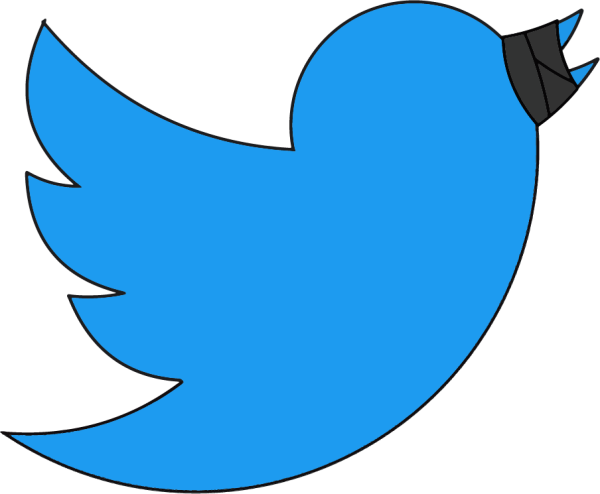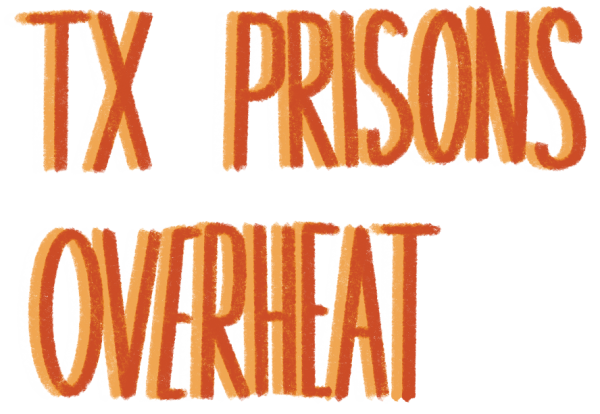Why Money in Politics is Undemocratic
November 4, 2019
Politicians from both parties promise change but rarely deliver. They are elected on the promise of change but later reveal they are committed to preserving the status quo. While they may vote on legislation, it becomes clear that it is not the public they are keen on serving, rather those who financed their campaigns and themselves.
In 2010, the United States Supreme Court ruled that wealth was one of the many abstractions of free speech. In the landmark Supreme Court case, Citizens United v. Federal Election Commission, it was decided that corporate entities known as political action committees (PACs) possess the same constitutionally protected freedom of speech as the average Amerian citizen. In a 5-4 ruling, the Court decided that PACs could raise unlimited amounts of money for political activity. In this monumental dismissal of justice and disregard for the law, the highest court in the country decided that corporate entities held the same rights as citizens like you and I. The result was that the rich now controlled not only our economic system but our political and legal structures.
This heinous action turned our political landscape into a place where money is the supreme influence. It was a decision that reinforced the oppressive economic system that decides rich and poor without preference for merit or character. The decision was a warm welcome to the wealthy elite who can exercise their right to speech in an astronomical proportion that the majority of American citizens can never hope to achieve. This decision ushered in the rise of the SuperPACs, a PAC which was capable of raising unlimited sums of money for financing independent political agendas. This allowed wealthy elites to utilize their wealth to “speak” on behalf of any political issue.
In a system where corruption is seen as an unfortunate given, and false promises are characteristic of nearly any political aspirant, how can we ever hope to ensure proper representation? Naturally, I imagine that the idea of democracy comes to mind. After all, as members of a democracy, our first inclination should lean towards voting. This idea makes sense to an extent. If we want to remove corruption, we create accountability for politicians through exercising our fundamental right: voting.
However, we do not live in a country where all votes are weighted equally. While voting may be the way we exercise our power, we are outmatched by SuperPACs who are capable of throwing their wealth at organizations intent on promoting their ideals. Today, this has led to a disastrous rejection of bills meant to create a better country for all Americans. In the context of the climate crisis faced by today, a politician may run on a platform on environmental conservation and regulations, but a SuperPAC backed by an oil company can divert funds to the politician as a soft reminder to not bite the hand that fed them. If there is legislation to ensure access to universal healthcare, healthcare providers who wish to maintain their revenues will pay whatever price it takes through SuperPACs to donate funds to any political cause. Most frequently, SuperPACs exercise through contracted agents to donate funds for congressional officials’ upcoming campaigns. This is nearly always meant to ensure they halt a progressive bill in committee through a filibuster, or through voting in favor of a bill that promotes the SuperPACs interests. If any legislators decide they wish to divert funds from the military to finance public expenditures, such as the educational or welfare system, an act which would result in defense corporations to lose their lucrative government contracts, they are met with indirect retaliation. Nearly all political issues are subject to SuperPACs and their nearly infinite stream of revenue.
As long as we allow for these independent actors to operate without regulation, the systems of inequality in our country will persist. The problems that our politicians attempt to confront will remain just that: problems. As long as we allow the barrier which separates the rulers of the market and the servants of the public to fade, then we can expect poverty to expand, infrastructure to rot, and the climate to change irreversibly.
As long as the wealthiest Americans are deciding what is happening in our country, they will continue to decide who deserves what, and how much they deserve. We can rest assured that they are not interested in the majority of America. The interests of the American elite do not include those of the American public.
America needs campaign finance reform starting first with programs that benefit PACs being overturned. We need candidates who are intent on regulating the money that goes into campaigns. Americans need to create an atmosphere that shows awareness as to the fact that SuperPACs are detrimental to the democratic process. We need to demonstrate responsibility as voters by continuously voting for politicians who do not accept SuperPAC donations, nor cater to the interest of the American elite if we ever hope to illustrate our commitment to change. We need to start caring about what is happening in politics, or else we’ll find our voices silenced, and our needs callously ignored.







